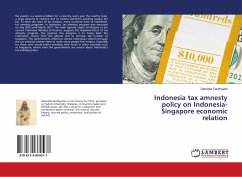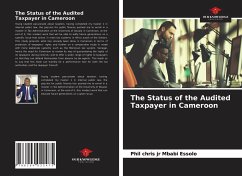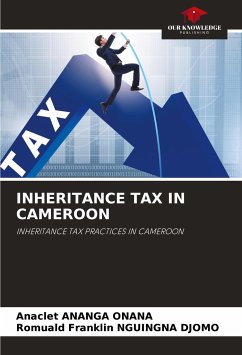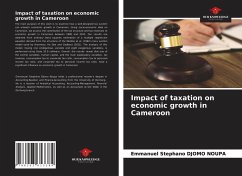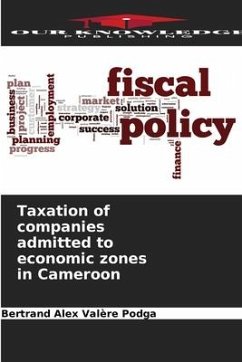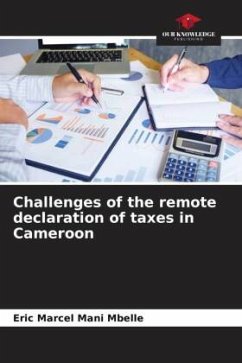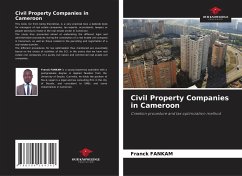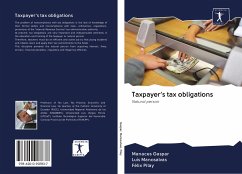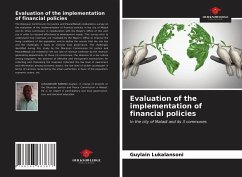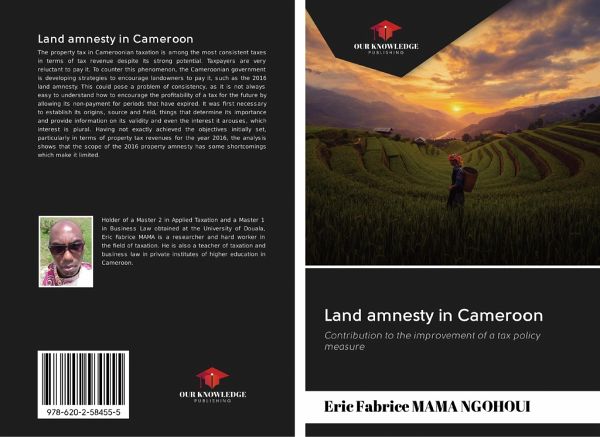
Land amnesty in Cameroon
Contribution to the improvement of a tax policy measure
Versandkostenfrei!
Versandfertig in 1-2 Wochen
18,99 €
inkl. MwSt.

PAYBACK Punkte
9 °P sammeln!
The property tax in Cameroonian taxation is among the most consistent taxes in terms of tax revenue despite its strong potential. Taxpayers are very reluctant to pay it. To counter this phenomenon, the Cameroonian government is developing strategies to encourage landowners to pay it, such as the 2016 land amnesty. This could pose a problem of consistency, as it is not always easy to understand how to encourage the profitability of a tax for the future by allowing its non-payment for periods that have expired. It was first necessary to establish its origins, source and field, things that determ...
The property tax in Cameroonian taxation is among the most consistent taxes in terms of tax revenue despite its strong potential. Taxpayers are very reluctant to pay it. To counter this phenomenon, the Cameroonian government is developing strategies to encourage landowners to pay it, such as the 2016 land amnesty. This could pose a problem of consistency, as it is not always easy to understand how to encourage the profitability of a tax for the future by allowing its non-payment for periods that have expired. It was first necessary to establish its origins, source and field, things that determine its importance and provide information on its validity and even the interest it arouses, which interest is plural. Having not exactly achieved the objectives initially set, particularly in terms of property tax revenues for the year 2016, the analysis shows that the scope of the 2016 property amnesty has some shortcomings which make it limited.



